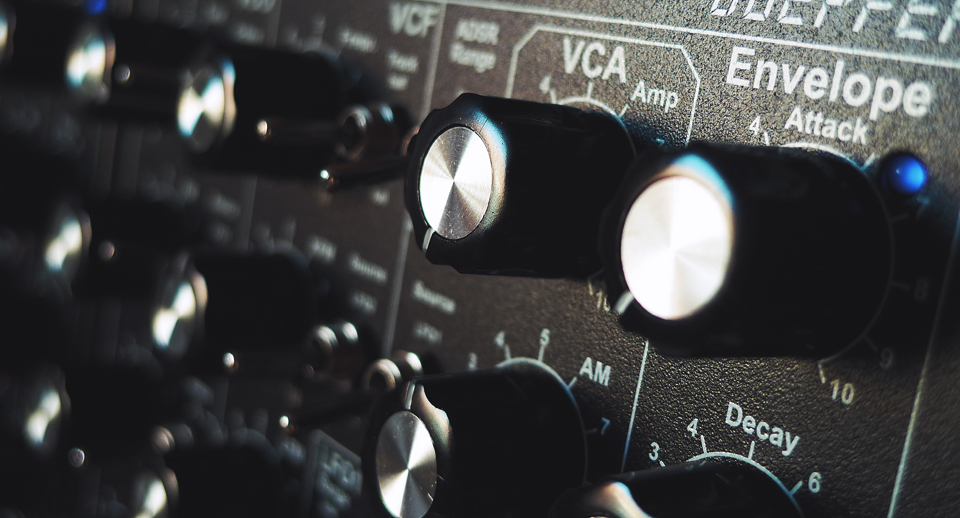Created Equal: How Detroit’s techno culture created space for the Black LGBTQ community
Created Equal May 24, 2024Two of the city’s cultural icons, Adriel Thornton and Stacey Hotwaxx Hale, joined the show to talk about the origins of electronic music in Detroit.

Memorial Day weekend in Detroit means Movement — the city’s popular, funky dance festival that celebrates electronic music.
On Thursday’s episode of Created Equal, host Stephen Henderson was joined by two of the city’s cultural icons, Adriel Thornton and Stacey Hotwaxx Hale, to talk about the origins of electronic and house music in Detroit, and how the growth of the music dovetails with the creation of a safe space for the city’s Black and queer communities to be expressive.
Subscribe to Created Equal on Apple Podcasts, Spotify, Google Podcasts, NPR.org or wherever you get your podcasts.
Guests:
Stacey “Hotwaxx” Hale is a house DJ and radio show producer who was the first female DJ to play house music on the air. She is widely considered the “godmother of house,” and she was inducted into the African America Music Hall of Fame in 2019. She says she grew up listening to different genres of music at a young age and said “house” came after funk.
“It wasn’t in regular rotation on any other radio stations,” said Hale. “You’d have to go to the clubs in Detroit to hear this music.”
Adriel Thornton is an event producer in Detroit electronic music, and has been creating events around the techno scene for 30 years. Thornton describes Detroit in the ’90s as a playground, and said now many of the cities past clubs and party spots are more than just empty buildings today.
“The night life aspect of it was just so much more fun to me,” said Thornton. “And I think that obviously I was a little younger then, but it was fun, and it was funky, and we were exploring a lot of different ways of doing things musically.”
Listen to Created Equal with host Stephen Henderson weekdays from 9-10 a.m. ET on 101.9 WDET and streaming on-demand.
Trusted, accurate, up-to-date.
WDET strives to make our journalism accessible to everyone. As a public media institution, we maintain our journalistic integrity through independent support from readers like you. If you value WDET as your source of news, music and conversation, please make a gift today.
